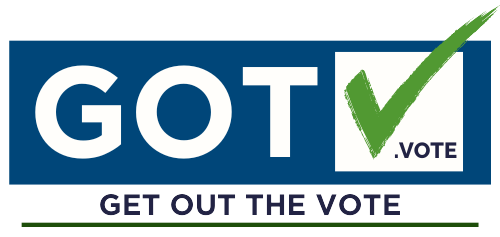Your Action Toolkit
Your guide to getting involved. Because democracy isn’t a spectator sport.
2025’s elections will shape America’s future at this critical juncture. Whether you’re rallying neighbors or writing postcards, your effort helps elect leaders who care about us and their duty to the constitution.
WHY TAKE ACTION?
Right now, our democracy is under unprecedented threat, not just from extremists and big-money donors, but from something far more insidious: apathy. The truth is, elections aren’t won by passion alone; they’re won by showing up. Every seat lost, every harmful law passed, and every right eroded happens because people assumed someone else would fight for them.
You don’t need to quit your job or devote every weekend to make a difference. One hour a month writing postcards, five minutes a day sharing voter info online, or a single conversation with a disillusioned neighbor can help swing an election. Movements are built on millions of small acts by ordinary people.
Phone calls, postcards, even just amplifying key info on social media all adds up. The only wrong move is sitting this out.
LET’S GET INVOLVED!
What elections and special events are happening in 2026?
To see the elections on a map, click here!
Or to search elections by state, click here!
Not sure where to start? Pick what works for you:
If you care less about how you help, and more about who you help, then check out this link to filter by cause!
The best way to predict the future is to create it.

